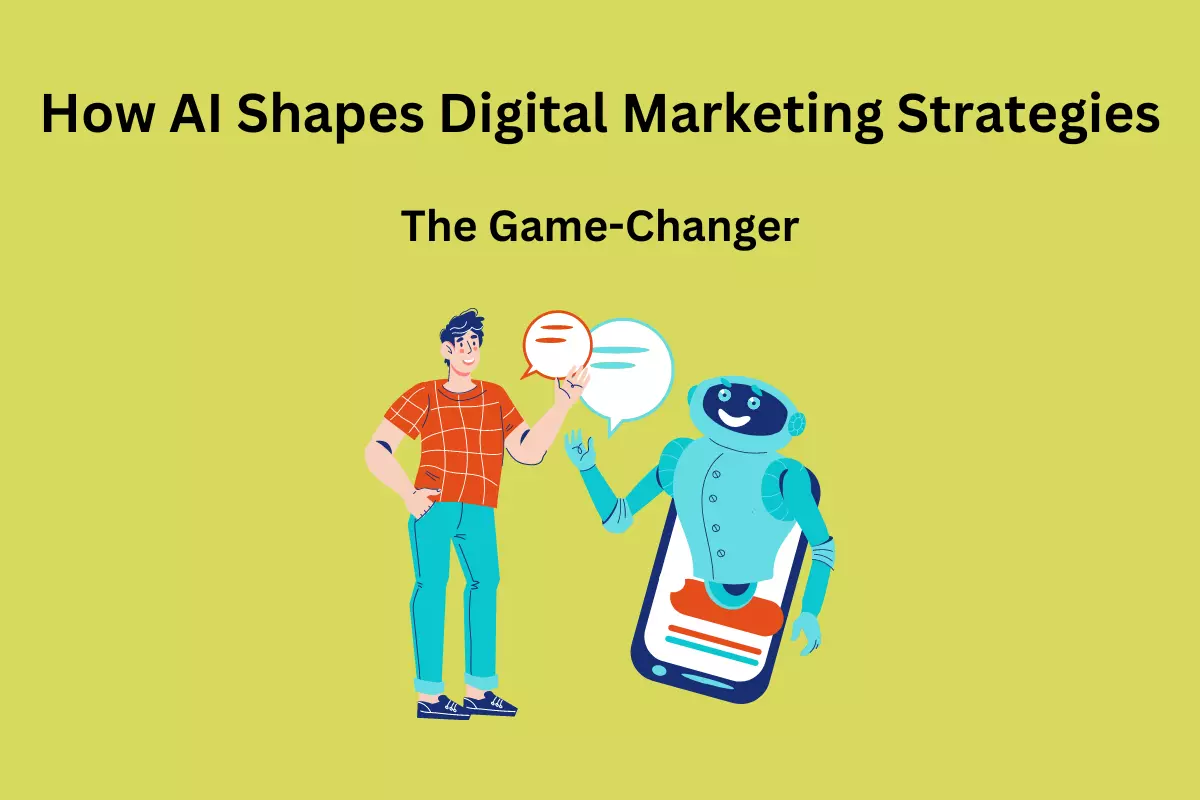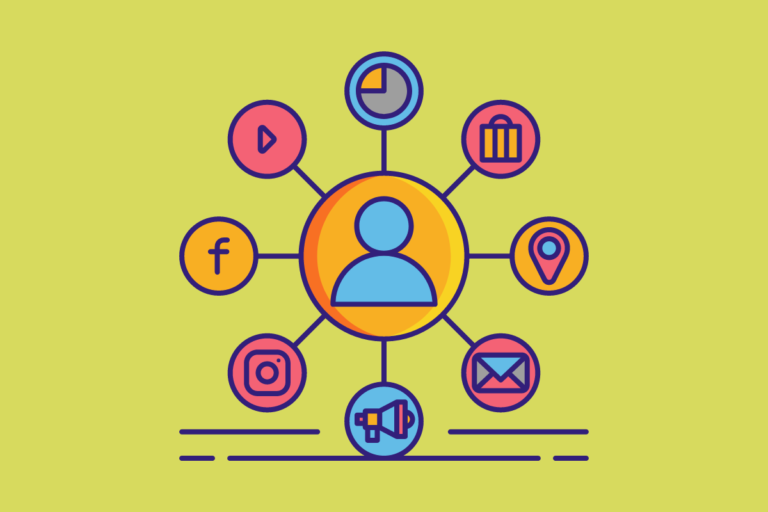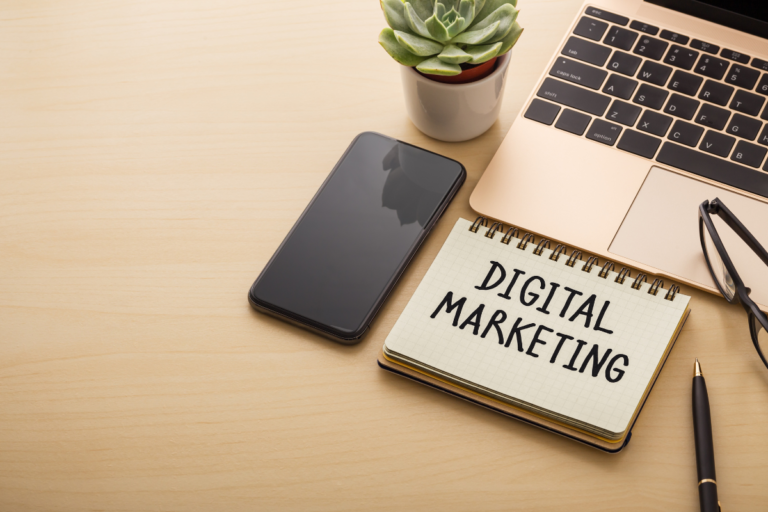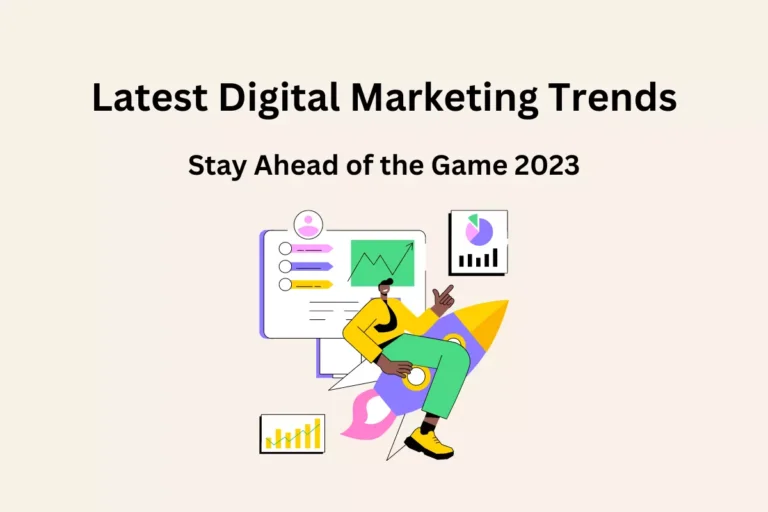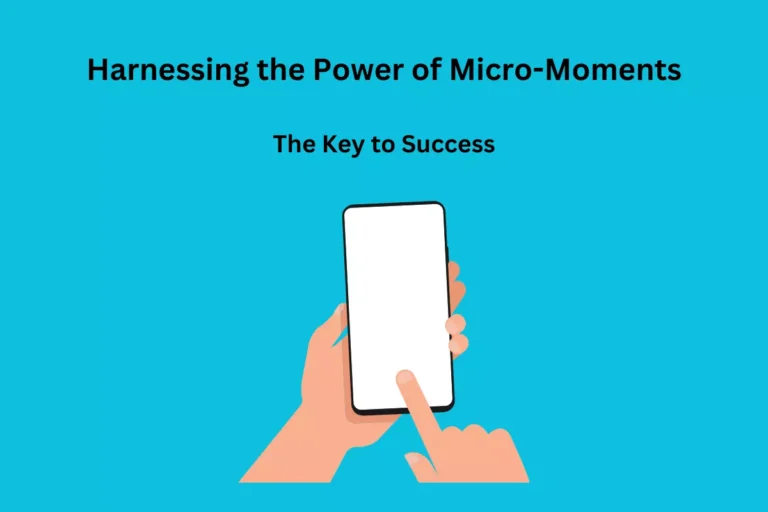In the ever-evolving landscape of digital marketing, staying ahead of the competition is crucial.
One of the most significant advancements that have revolutionized the industry is the integration of artificial intelligence (AI) into marketing strategies.
AI-driven marketing strategies have proven to be highly effective in enhancing campaign performance, improving customer engagement, and optimizing overall marketing efforts.
Explore AI-driven marketing strategies, and highlight the benefits of implementing AI in digital marketing.

Let’s delve into know How AI Shapes Digital Marketing Strategies
AI-Driven Marketing Strategies
Artificial intelligence has reshaped the way marketers approach their strategies.
By leveraging AI technologies, marketers can gain valuable insights into customer behavior, preferences, and trends, enabling them to tailor their campaigns for maximum impact.
Let’s explore some key AI-driven marketing strategies:
Predictive Analytics: Unlocking Consumer Insights
AI empowers marketers with predictive analytics tools, allowing them to analyze vast amounts of data and predict future consumer behavior.
By leveraging machine learning algorithms, marketers can identify patterns, forecast trends, and make data-driven decisions.
Predictive analytics enables personalized targeting, helps in segmenting audiences, and improves campaign performance by optimizing content delivery.
Here are some real-time examples of how AI-driven marketing strategies leverage predictive analytics:
- Personalized Product Recommendations: E-commerce platforms use AI and predictive analytics to analyze customer behavior in real time. By leveraging browsing history, purchase patterns, and demographic data, AI algorithms can predict customer preferences and provide personalized product recommendations instantly, increasing the chances of conversion.
- Real-Time Ad Optimization: AI-driven marketing platforms utilize predictive analytics to optimize ad campaigns in real time. By analyzing user behavior, demographics, and engagement metrics, AI algorithms can make real-time adjustments to ad targeting, creative elements, and bidding strategies, ensuring that ads reach the right audience at the right time, resulting in higher click-through rates and conversions.
- Dynamic Pricing and Promotions: AI-powered systems leverage predictive analytics to optimize pricing and promotions in real time. By analyzing market demand, competitor pricing, and customer behavior, AI algorithms can dynamically adjust prices and offer personalized promotions, maximizing revenue and improving customer satisfaction.
Chatbots: Enhancing Customer Engagement
Chatbots are AI-powered virtual assistants that interact with customers in real-time.
They provide instant responses, answer queries, and offer personalized recommendations.
Chatbots not only improve customer service but also help in lead generation and nurturing.
They enhance the overall customer experience by providing round-the-clock support and valuable information.
Here are some real-time examples of how AI-driven marketing strategies leverage chatbots:
- Instant Customer Support: Chatbots powered by AI are deployed on websites and messaging platforms to provide instant customer support. They can answer frequently asked questions, troubleshoot common issues, and provide relevant information to customers in real time, enhancing the overall customer experience.
- Personalized Recommendations: AI-powered chatbots analyze customer data and preferences to deliver personalized product or service recommendations in real time. By understanding customer needs and past interactions, chatbots can suggest relevant options, increasing the chances of conversion.
- Interactive Marketing Campaigns: Chatbots can be used in interactive marketing campaigns to engage users in real time. By providing interactive quizzes, games, or contests, chatbots can capture user attention, gather valuable insights, and drive brand engagement and loyalty.
Content Creation: AI as a Creative Partner
AI algorithms can generate content that is tailored to the preferences and needs of target audiences.
Natural language processing (NLP) and machine learning enable AI systems to understand context, style, and tone.
Here are some real-time examples of how AI-driven marketing strategies leverage content creation:
- Automated Content Generation: AI-powered tools can generate content automatically, saving time and resources for businesses. Whether it’s blog posts, social media captions, or product descriptions, AI algorithms analyze data and create engaging content that resonates with the target audience.
- AI tools for content creation
- Automated Video Creation: AI-driven platforms can automatically generate videos using pre-defined templates and personalized content. By analyzing user data and preferences, AI algorithms can customize video content in real time, resulting in engaging and personalized videos for marketing campaigns.
- Personalized Email Campaigns: AI-driven marketing platforms utilize customer data to personalize email campaigns in real time. By leveraging AI algorithms, businesses can create dynamic email content that adapts based on customer preferences, behaviors, and real-time interactions, resulting in higher open rates and click-through rates.
Personalization: Delivering Tailored Experiences
AI enables marketers to deliver highly personalized experiences to individual consumers.
By analyzing user data, AI algorithms can identify relevant content, products, and recommendations,
ensuring that customers receive tailored messages based on their preferences and behavior.
Personalization enhances customer satisfaction, drives engagement, and improves conversion rates.
Here are some real-time examples of how AI-driven marketing strategies leverage personalization:
- Dynamic Website Content: AI-powered personalization tools analyze user behavior, preferences, and demographic data to dynamically customize website content in real time. By delivering personalized product recommendations, relevant offers, and tailored messaging, businesses can enhance user engagement and increase conversion rates.
- Location-Based Personalization: AI-driven marketing strategies can leverage geolocation data to personalize marketing messages based on the user’s physical location. By delivering location-specific offers, recommendations, or event notifications, businesses can create hyper-targeted campaigns that resonate with the local audience.
- Behavioral Retargeting: AI algorithms analyze user behavior, browsing history, and interactions to deliver personalized retargeting campaigns in real time. By dynamically serving ads or content based on past interactions, businesses can re-engage potential customers and drive conversions.
Marketing Automation: Streamlining Processes
AI-powered marketing automation tools streamline repetitive tasks and processes, freeing up valuable time for marketers to focus on strategic initiatives.
From email marketing to social media scheduling and ad optimization, automation helps marketers scale their efforts and improve efficiency.
AI-driven automation ensures that campaigns are executed at the right time, through the right channels, and to the right audience.
Here are some real-time examples of how AI-driven marketing strategies leverage marketing automation:
- Real-Time Lead Scoring and Segmentation: AI algorithms analyze user behavior, engagement metrics, and demographic data to assign lead scores and segment leads in real time. This allows businesses to prioritize and target high-quality leads based on their likelihood to convert, enabling more effective lead nurturing and personalized communication.
- Automated Customer Journey Mapping: AI-driven marketing automation platforms assist businesses in mapping and automating the customer journey. By analyzing user touchpoints, behaviors, and preferences, AI algorithms can automate personalized interactions and actions at each stage of the customer journey, ensuring a seamless and consistent experience.
- Dynamic Content Personalization: AI-powered marketing automation tools enable dynamic content personalization in real time. By analyzing user data and behavior, businesses can automatically customize website content, landing pages, or emails with personalized product recommendations, tailored messaging, and relevant offers, enhancing user engagement and conversion rates.
Implementing AI in Digital Marketing
Implementing AI in digital marketing requires careful planning and execution. Here are some key steps to consider:
Define Objectives and KPIs
Before integrating AI into your digital marketing strategy, clearly define your objectives and key performance indicators (KPIs).
Whether it’s improving customer engagement, increasing conversion rates, or enhancing ROI, having specific goals will guide your AI implementation.
Gather and Analyze Data
Data is the fuel that powers AI.
Collect relevant data from various sources, such as customer interactions, website analytics, and social media insights.
Use advanced analytics tools to analyze this data and extract actionable insights that can inform your marketing decisions.
Choose the Right AI Solutions
Evaluate different AI solutions and technologies that align with your marketing goals.
Whether it’s predictive analytics tools, chatbot platforms, or content generation software,
select the solutions that best meet your requirements and integrate seamlessly with your existing marketing stack.
Train AI Models
Once you have chosen your AI solutions, train the AI models using your historical data.
This step is crucial for enabling the AI system to make accurate predictions,
recommendations, or generate content that aligns with your brand voice and target audience.
Test and Optimize
After implementing AI, closely monitor its performance and measure its impact on your marketing efforts.
Continuously test and optimize your AI-driven campaigns to ensure they deliver the desired results.
Regularly analyze the data generated by AI systems to refine your strategies and improve campaign outcomes.
Benefits of AI for Digital Marketing
The integration of AI into digital marketing brings numerous benefits for marketers. Let’s explore some of the key advantages:
Improved Targeting and Personalization
AI enables precise audience targeting and personalization, ensuring that marketing messages reach the right people at the right time.
By understanding customer preferences and behavior, marketers can create hyper-targeted campaigns that resonate with their audience, leading to higher engagement and conversion rates.
Enhanced Customer Experience
AI-driven marketing strategies enhance the overall customer experience by providing personalized recommendations, instant support, and relevant content.
Chatbots, for example, offer real-time assistance, resolving queries promptly and efficiently.
This level of personalized attention improves customer satisfaction and builds brand loyalty.
Increased Efficiency and Productivity
Automation powered by AI streamlines marketing processes, reducing manual effort and improving efficiency.
By automating repetitive tasks, marketers can focus on more strategic activities that require human creativity and decision-making.
This improves productivity, allowing marketers to achieve more in less time.
Data-Driven Decision Making
AI enables marketers to make data-driven decisions by analyzing vast amounts of consumer data.
Predictive analytics and machine learning algorithms help identify patterns, trends, and insights that guide marketing strategies.
Data-driven decision-making leads to more informed choices and better campaign outcomes.
Competitive Edge
Implementing AI in digital marketing gives businesses a competitive edge.
By leveraging AI-driven strategies, marketers can stay ahead of the competition by delivering personalized experiences, optimizing campaigns, and improving customer engagement.
AI helps businesses adapt to rapidly changing consumer expectations and preferences.
FAQs (Frequently Asked Questions)
Can AI completely replace human marketers?
While AI can automate certain tasks and enhance marketing efforts, human marketers still play a vital role in strategic decision-making, creativity, and understanding the nuances of human emotions and behaviors.
Is AI affordable for small businesses?
AI solutions are becoming increasingly accessible and affordable for businesses of all sizes. Many AI tools offer flexible pricing plans and scalable options that cater to the needs and budgets of small businesses.
Will AI eliminate jobs in the marketing industry?
AI may automate certain routine tasks, but it also creates new job opportunities in fields like data analysis, AI implementation, and strategy development. The role of marketers will evolve, focusing more on strategy, creativity, and leveraging AI technologies.
Is customer data privacy a concern with AI-powered marketing?
Ensuring customer data privacy and adhering to relevant regulations should always be a priority. Implementing robust security measures and obtaining proper consent are essential to maintain trust with customers.
Can AI help in lead generation?
Yes, AI-powered chatbots and analytics tools can assist in lead generation by capturing user information, nurturing leads through personalized interactions, and providing relevant content or offers.
How can AI improve advertising campaigns?
AI can optimize advertising campaigns by analyzing data, identifying audience segments, and recommending the most effective ad formats and targeting strategies. AI-powered algorithms can continuously optimize campaigns to improve performance and ROI.
Conclusion
The role of artificial intelligence in digital marketing is transformative.
AI-driven marketing strategies enable marketers to leverage data, automation, and personalization to drive engagement, improve efficiency, and achieve better campaign results.
By embracing AI, businesses can gain a competitive edge, enhance the customer experience, and unlock new opportunities for growth in the ever-evolving digital landscape.
Now I would love to hear from you.
Make yourself known by leaving a comment here.
I look forward to your response and welcome any other ideas as they emerge!
As a digital marketing consultant, My ultimate goal is to empower businesses to thrive in the digital landscape.
I believes that a well-executed digital strategy can transform a company’s online presence, drive growth, and create meaningful connections with target audience.
To Know More Click Here!

